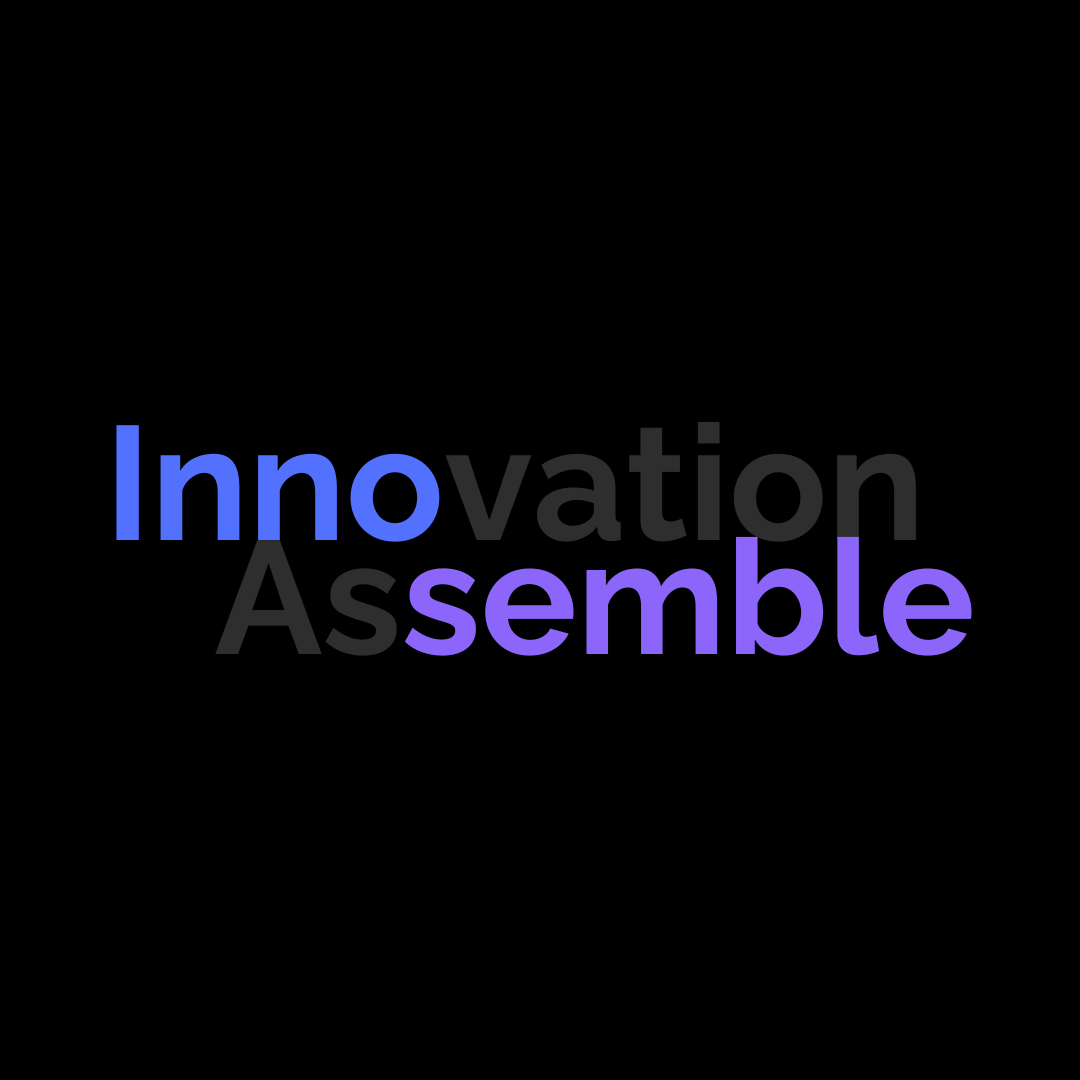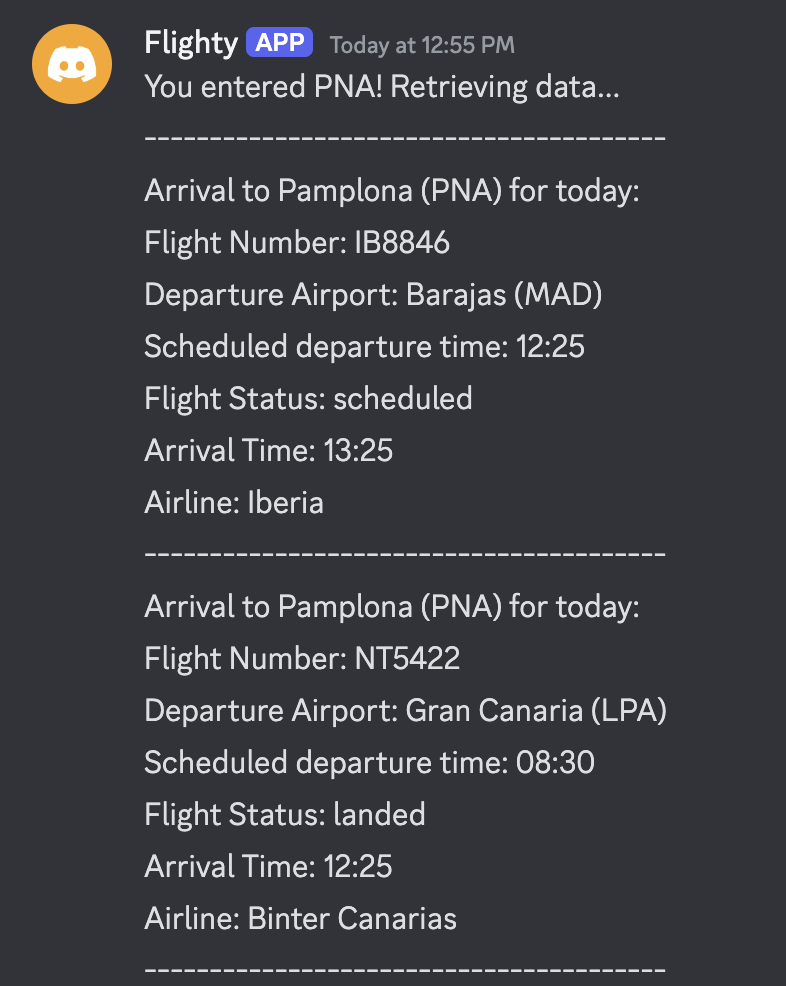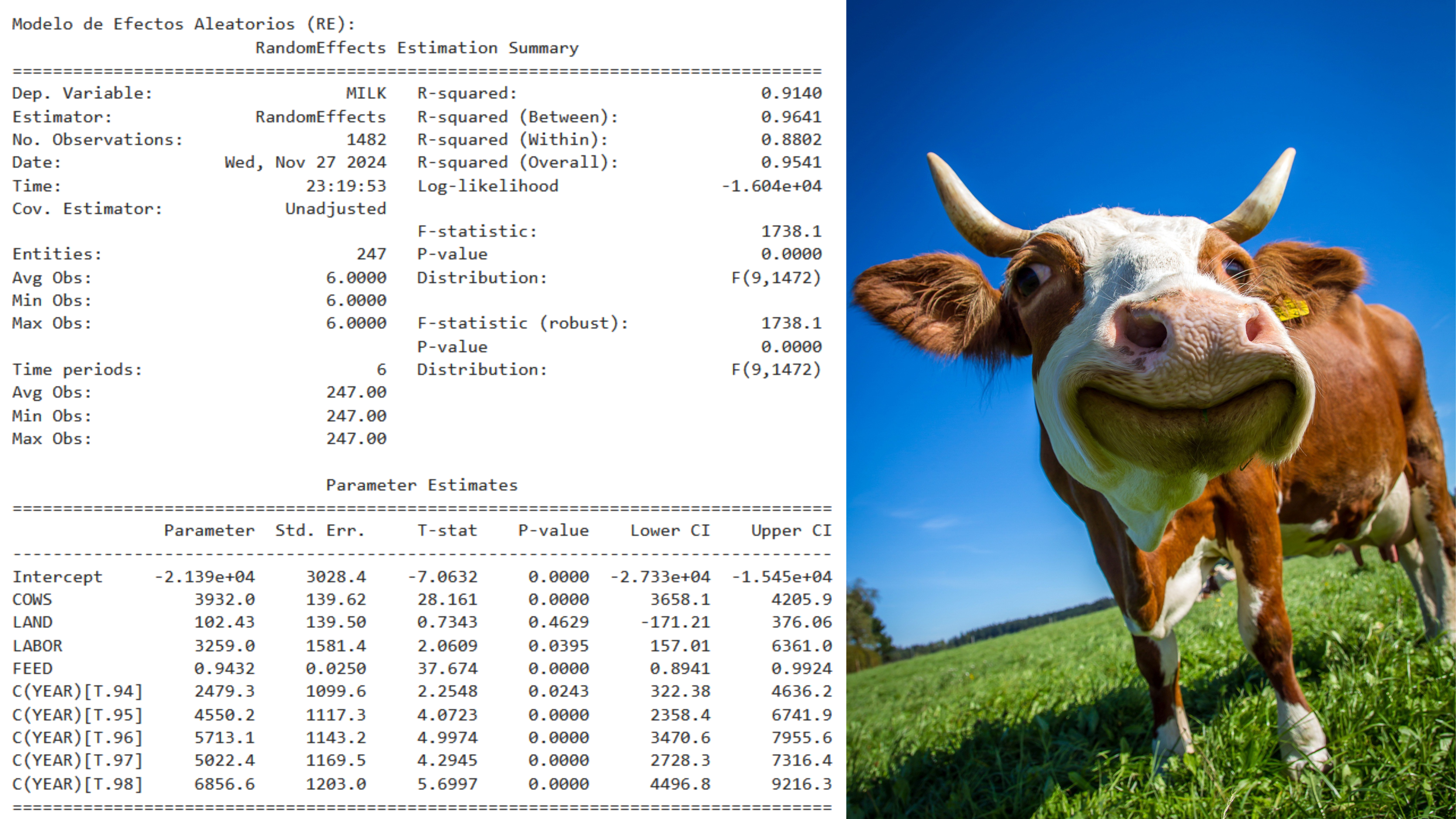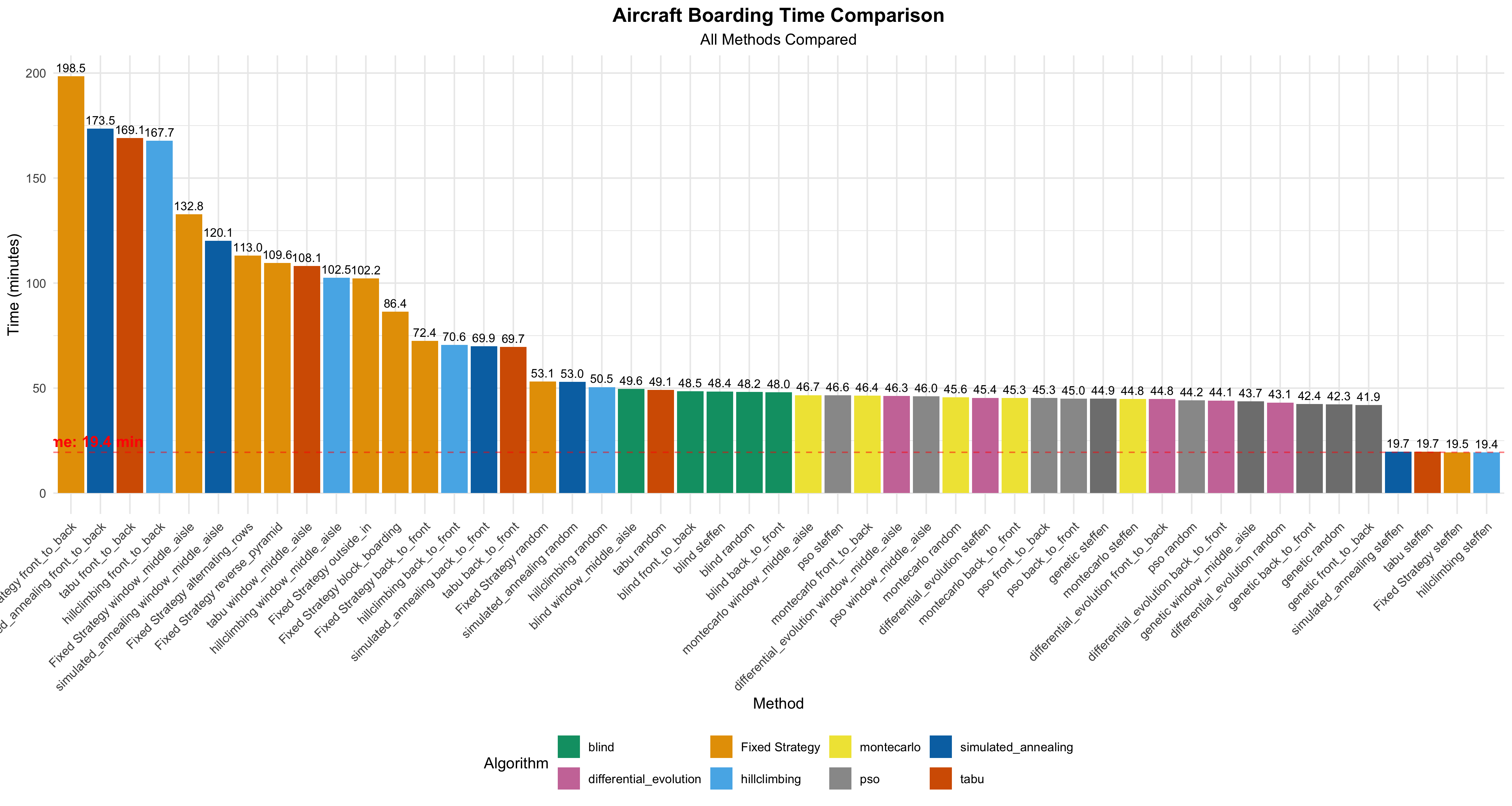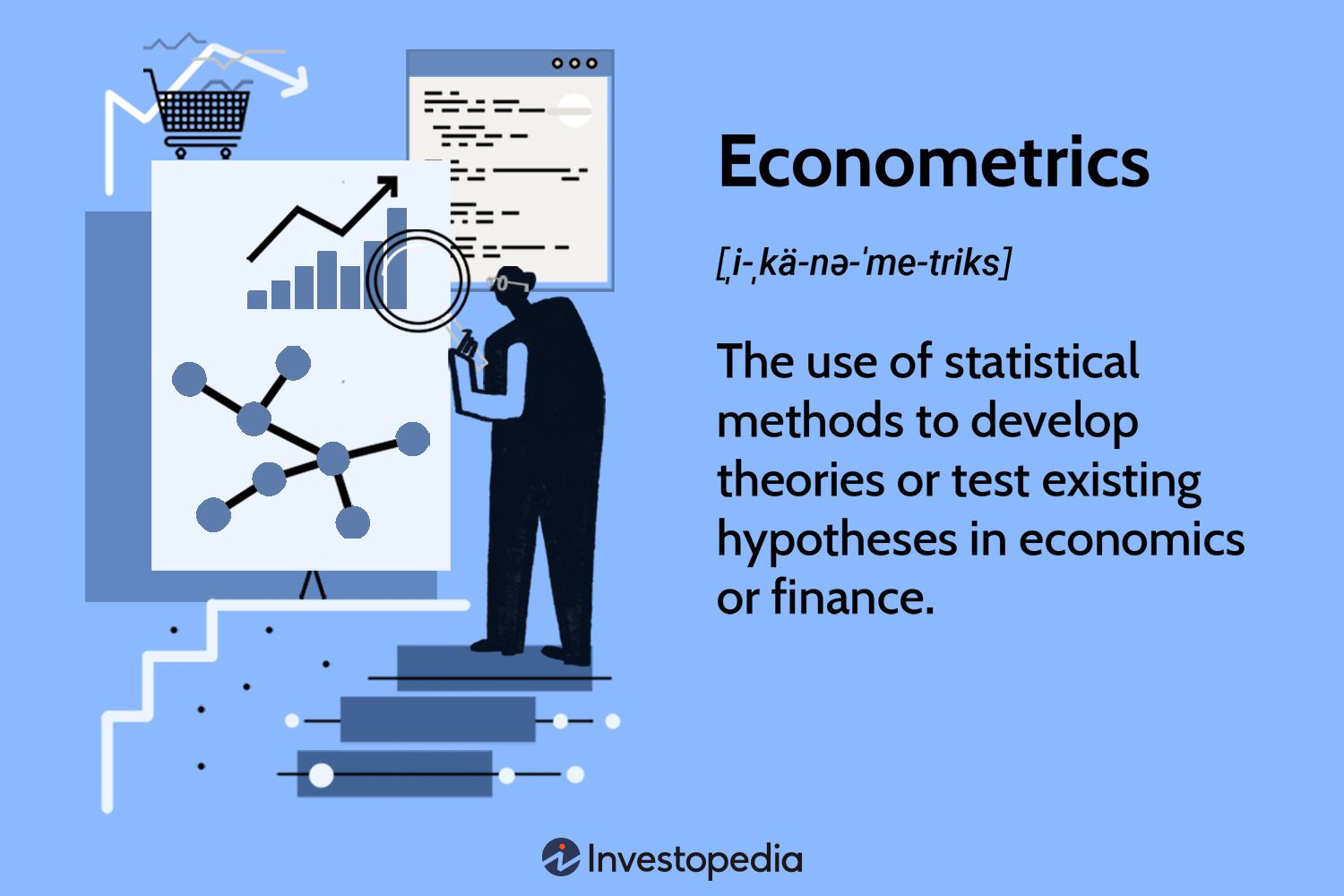Cadeira AI (2024) JavaScript, Python, and HTML
Cadeira AI was designed to facilitate the booking process
for businesses. The most common way to make reservations in the United States is through phone calls and keeping
someone on the phone taking reservations all day is a time-consuming task. Small and medium-sized companies, especially
those in the restaurant industry, encounter difficulties in managing incoming calls efficiently. This challenge is
primarily attributed to the constrained availability of their phone lines due to the business's limited working hours.
As a result, the phone lines often find themselves occupied, preventing the company from handling more than one call
simultaneously. The combination of restricted operational hours and the limitation of handling only a single call at a
time creates hurdles in providing timely and effective communication with customers, potentially leading to missed
business opportunities and customer dissatisfaction.
My work at Cadeira AI consists of product and web development. Utilizing Python and JavaScript to create the product was
fundamental to its success. I developed our chatbot to be able to function in various languages and integrate it with
different databases. I also created databases in node.js by utilizing the sequelize library for storing all of our
customer, client and reservation data. Our product was submitted to the Microsoft Imagine Cup 2024 and we are currently
waiting for our results.
Innosemble (2024) Python, JavaScript, Azure, and Data Analysis
At Innosemble, I am involved in the development of web applications aimed at providing students with resources to find internships and connect with companies. The core of the project was built using various cloud services and tools, with Azure hosting the applications to ensure high availability and scalability.
My role involves full-stack development using technologies like React, node.js, and Express for creating a smooth and user-friendly platform. I implement dynamic search features that allow students to filter internships based on location, duration, and specific requirements. I use SQL and Postgres to store and manage data, ensuring that the platform is up-to-date and efficient.
- Developing a cloud-hosted web platform on Azure
- Implementing efficient internship search functionalities
- Using Azure to automate data collection from external websites
- Analyzing scraped data to optimize and personalize search results
- Collaborating with teams to ensure robust backend APIs
The project includes continuous analysis of data to improve engagement and interaction with the platform. Future developments include integrating machine learning techniques to provide internship recommendations and additional data insights for users based on their preferences.
Predicting Broach Maintenance (2024) R, Machine Learning, ITP Aero Dataset
My Machine Learning for Predicting Broach Maintenance project applies advanced clustering and regression techniques to optimize maintenance schedules in airplane engine manufacturing. This project addresses real-world challenges to improve product quality and reduce manufacturing costs. Key features of the project include:
- Clustering analysis using K-Means and hierarchical clustering
- Regression models such as Lasso and Gradient Boosting Machine (GBM)
- Advanced feature engineering, including correlation analysis and variable importance ranking
- Optimization to meet strict error metrics: Maximum Absolute Error (< 1 for X-axis, < 0.15 for other axes) and RMSE (< 0.25 for X-axis, < 0.025 for others)
- Final model selection using GBM for its precision and compliance with aerospace industry requirements
The project was inspired by the need for efficient and accurate predictive maintenance in the aerospace industry. It leverages data science to analyze broach wear patterns, identify optimal clustering for wear stages, and predict final corrections for various axes, ensuring adherence to strict manufacturing standards. Linear regression provided a baseline, but Random Forest and XGBoost showed superior performance, with GBM emerging as the best solution for precision and efficiency.
Through this project, we successfully demonstrated how advanced machine learning models can improve operational efficiency and reduce costs in high-stakes manufacturing environments.
Discord Flight Bot (2024) Python, Discord, AviationStack API
My discord flight bot was designed to facilitate
finding the arrivals and departures of a certain airport. The bot was created using Python, the Discord and AviationStack API. The
project came about when I was looking for a way to receive daily notifications of incoming and outgoing flights. I found that there were
no bots that could handle these operations so I decided to create my own. The bot is able to provide all types of information in a
matter of seconds. The bot is able to provide the following information:
- Departure and Arrival times
- Flight airline
- Flight number
- Flight status
- Arrival and Departure Airport
- Aircraft Type
Just type in the airport iata code and the bot will provide you with all arrival and departure information for that airport for the day. The bot will have future updates to include more information such as the weather at the airport and the current status of the airport.
Data Analysis of Dairy Farm Production (2024) Python, Stata
For our econometrics final project, we conducted an in-depth regression analysis focusing on the dairy production of Spanish farms.
The goal was to identify the key factors influencing milk production and to provide actionable insights for optimizing efficiency.
Using datasets that included variables such as the number of cows, land area, working hours, and feed supply, we applied both linear
and logarithmic regression models to understand the relationships between these variables and milk output.
- Variable 1: The number of cows and its direct influence on milk production
- Variable 2: Land area dedicated to grazing and its correlation with yield
- Variable 3: The role of hours worked in maintaining optimal production
- Variable 4: The effect of feed supply quantity and quality on milk output
Our analysis utilized Python for data preprocessing and visualization, along with Stata for running the regression models. We implemented econometric techniques to validate our findings, including hypothesis testing and evaluation of model fit. The insights gained from this study emphasized the complex interplay of resources and labor in achieving sustainable dairy production. These results can serve as a basis for further research or practical applications in agricultural efficiency.
Optimization of Airplane Seating (2024) R, Optimization Algorithms
My Optimization of Airplane Seating project explores innovative ways to enhance passenger seating assignments. Using R, I developed algorithms to address real-world constraints and optimize seating arrangements. The project tackles challenges such as maximizing efficiency, ensuring comfort, and adhering to airline policies. Key features of the project include:
- Algorithms for maximizing passenger satisfaction
- Minimizing boarding time through strategic seating
- Addressing specific passenger requirements (e.g., group seating)
- Compliance with safety and operational constraints
This project was inspired by the need for better efficiency in airplane boarding and seating processes, which are crucial for both airlines and passengers. The solution employs advanced programming techniques to simulate, analyze, and improve seating patterns.
Linear and Logarithmic Regression Analysis (2024) Python, Stata
We were given the task to analyze a group of unkown datasets for our econometrics final project. After analyzing the data we
discovered that the datasets were Anscombe's Quartet.
Anscombe's Quartet is a set of four datasets that have nearly identical simple descriptive statistics, yet have very
different distributions and appear very different when graphed. The quartet was created by the statistician Francis
Anscombe to demonstrate both the importance of graphing data before analyzing it and the effect of outliers on statistical
properties. The datasets are as follows:
- Dataset I: A simple linear relationship between x and y
- Dataset II: A non-linear relationship between x and y
- Dataset III: A linear relationship between x and y, but with an outlier in the data
- Dataset IV: A linear relationship between x and y, but with an outlier in the data
Our project involved analyzing the datasets using Python and Stata. We were tasked with creating a comprehensive study involving a minimum of 10 variables, focusing on describing the relationships within those variables. Our primary objective was to develop a project of significant impact, leading us to delve deeply into the exploration of how individuals allocate their time. The intricacies of time allocation, influenced by myriad factors, play a pivotal role in shaping one's quality of life. Notably, we observed shifts in working hours and preferences, accompanied by a surge in sentiments of solitude. These changes contributed to elevated
Time Spent Analysis (2023) R, PowerBI
For our Statistics project, we were tasked with creating a comprehensive study involving a minimum of 10 variables,
focusing on describing the relationships within those variables. Our primary objective was to develop a project of
significant impact, leading us to delve deeply into the exploration of how individuals allocate their time. The
intricacies of time allocation, influenced by myriad factors, play a pivotal role in shaping one's quality of life.
Notably, we observed shifts in working hours and preferences, accompanied by a surge in sentiments of solitude.
These changes contributed to elevated rates of suicide and adverse effects on immune well-being. This exploration
unveiled a paradoxical consequence of technological advancements. While technological innovations have extended our
lifespans, the advent of Artificial Intelligence (AI) and related technologies has paradoxically fostered a heightened
sense of loneliness among individuals.Our research journey revealed the nuanced effects of our reliance on technology,
where the convenience of phone-based communication, albeit simplifying life, prompts reflection on the potential
social costs. The transition from face-to-face interactions to virtual exchanges raises profound questions about
the nature of our interconnectedness and the evolving dynamics of our social fabric.
Github Time Spent Analysis Repository

